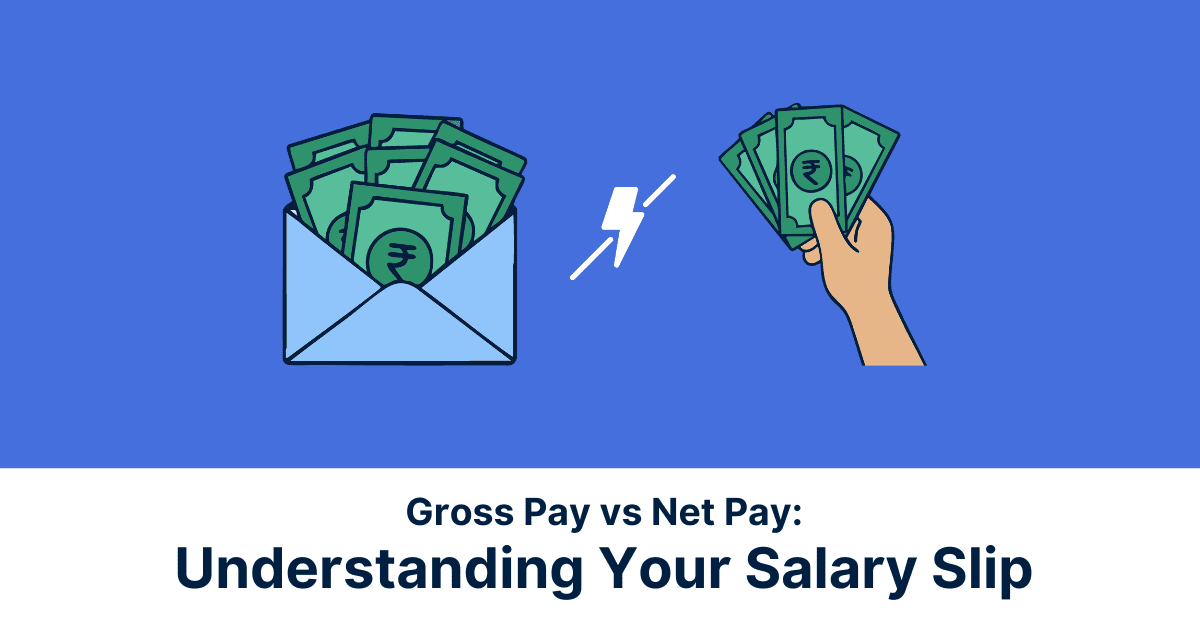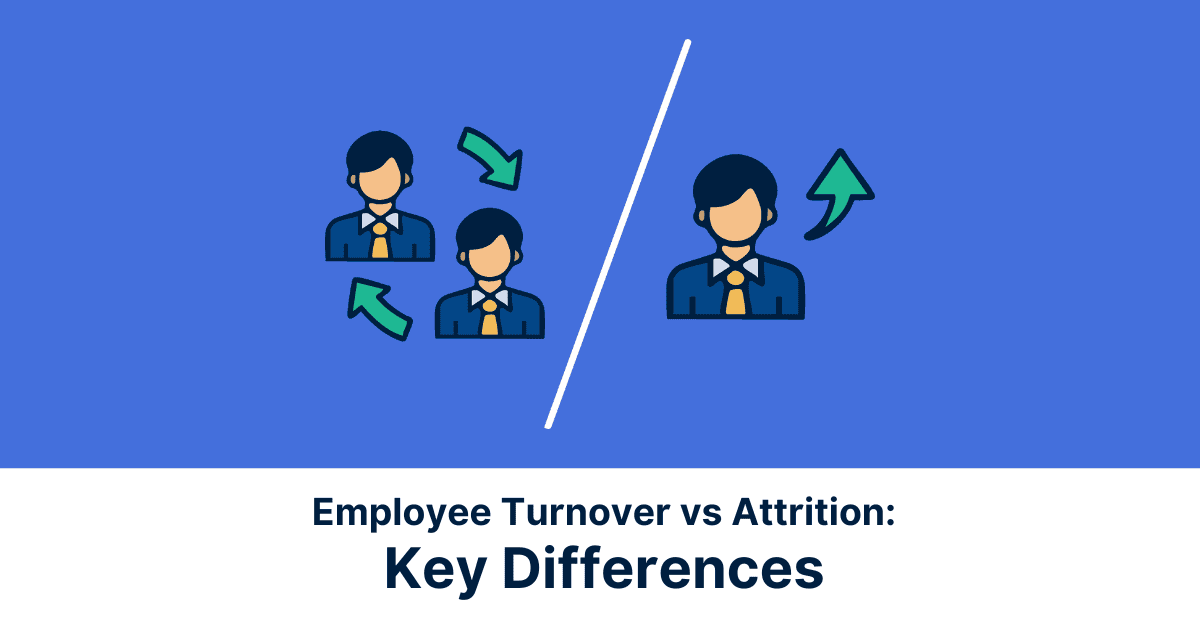While globally, the definition of success has become synonymous with being employed at multinational syndicates, and India has become home to several of them, our country lacks in creating a safer and financially sound environment for its workforce. The condition in the US and other first-world countries is far better while India is just about hopping on board. US corporations have made it a point to create awareness about financial security amongst their employees. Financial wellness programs are important; it is an employee’s right. Financial stress is one of the primary reasons why workers are often distracted leading to a largely lower productivity scale. For a better and more productive workforce, India Inc has to actively focus on moving toward financially empowering its employees.
Less than 5% of companies in India have adopted financial wellness programs for their employees. Indian organisations have miles to go when it comes to paying attention to the well-being of the workforce and adopting financial wellness programs. According to a survey carried out among workers in India, financial stress impacts productivity of at least 40% of the employees and 58% of employees are unable to meet their monthly expenses. Employee Financial Wellness Programs (EFWPs) are initiatives to give better financial security to the employees. This provides them better control over ordinary finances, an option to cope with financial emergencies, and meet financial goals among other things. EFWPs benefits include financial counselling, small-rupee loans, digital finance apps and savings programs that address employees’ non-retirement financial needs.
Coming back to the state of employees in India, the grind is the culture. Workers are expected to overcompensate and push their limits to hold a job, with a bare minimum compensation that barely keeps up with inflation; resulting in mentally-stressed, underpaid, distracted employees. The relationship between financial well-being and the workplace is complex but very real. According to an SHRM report in the US, 80% of employers report financial stress lowering their employees’ performance level, and it’s costing them nearly half a trillion dollars annually; causing an increase in companies partnering with financial wellness services to tackle the issue. Globally, only 33% of working adults possess adequate knowledge of finances, and these programs are essential in creating a financially literate and secure employee culture.
It’s detrimental to the organizations if their employees do not up their finance game. Indians have an unhealthy habit of putting all their eggs into a single entity, which attracts either profits or heavy loss. The penchant for buying too much gold is observed in this country. Investment decisions are not reviewed periodically. Citizens have a lethargic approach to retirement planning. All of this poor money management results in financial insecurity.
Statistically, financial insecurity has an inverse effect on the employee’s performance as they spend long hours on the job and the commitment has them worrying about their money issues by the side. Money worries include emergency savings, retirement, debt, the strain of living paycheck to paycheck, investment performance, and low credit scores. EFWPs would make a magnitude of change in bringing employees up on their finances, including retirement savings and better credit scores. Additionally, organizations with EFWP partnerships have reported higher productivity and performance levels among employees. Hence, more employers in India should consider partnering with financial wellness services. Companies should take an active role in enhancing financial awareness and utilization amongst front-line employees. This can be done in different ways.
Taking a cue from the US reports, surveys can help in giving an estimate of how many in your workforce are actually in need of EFWPs. The information can help in creating a database for what kind of services are required. Moving forward, making the financial wellness of employees an important part of organisational culture would be the next step. Give them ownership of their salaries with earned salaried access; save thousands wasted in hiring agencies, a company that cares about the financial and mental health of its workers will be approached by experts effortlessly.
Partnering with finance partners will save organisations from the trouble of worrying about employees’ health and performance. While pandemic has created a more stressful life for the world in general, being there financially for your workforce would change the norm. Bringing a positive change in the financial wellness of employees would also reflect in the output of their work, bringing about a better and healthier work culture.
*Disclaimer:
The information contained herein is not intended to be a source of advice concerning the material presented, and the information contained in this article does not constitute investment advice. The ideas presented in the article should not be used without first assessing your financial situation or without consulting a financial professional.




















